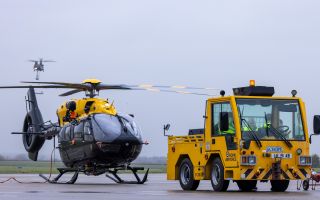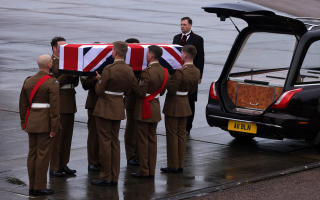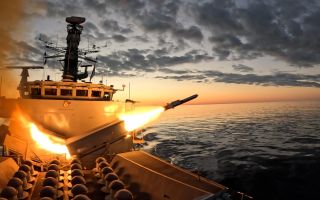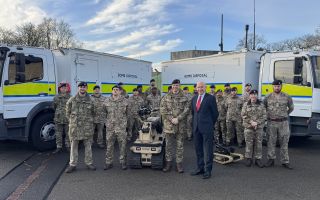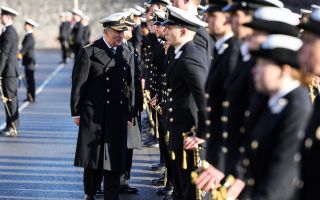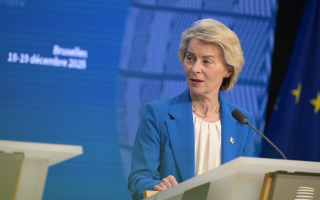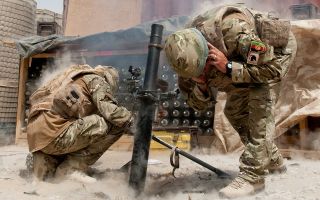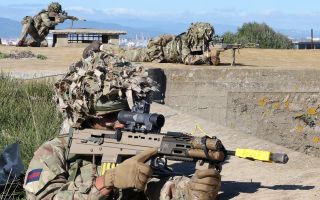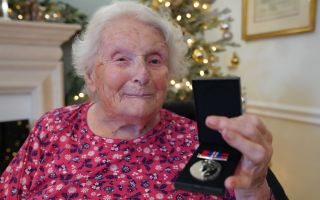Military must modernise training to be more student-centred, new study says
The Armed Forces need to modernise and improve the training they offer servicemen and women, according to a new study.
Defence think-tank the Royal United Services Institute (Rusi) is calling for "personalised learning journeys", which it said would improve operational effectiveness and make through-career training fairer.
Everyone gets Phase One and Phase Two training when they join the forces – equipping them with core military skills and those specific to their trade.
However, the study pointed out that Phase Three training – designed to improve skills through a career – varied significantly from person to person.
Rusi's director of military sciences, Paul O'Neill, argued that a more flexible training culture and better use of technology could help deliver better results from training – both for individuals and for the effectiveness of the forces.
He told Forces News: "We need to be better at understanding what it is our learners know already and then can discount that from the training programmes that we provide them.
"I described it as the 'snakes and ladders' hack through a training syllabus, so we've got to be better at understanding that.
"I think we need to upskill the training workforce, both the instructors but also those who provide the training material itself, because if we do that, it will be better quality and the instructors will feel more confident about being student-centred as opposed to content-centred.
"In my experience too often the instructor sees their job as leading students through a classroom lesson as opposed to following the students and guiding the students through it."
A former deputy chief of the general staff, Lt Gen Sir Nick Pope, said: "You might say that the model that the British Armed Forces have had over the last 100 years or so has been quite transactional.
"We've trained individuals to be equipped with individual skills to then go to units, ships, planes, where they are trained in a collective environment. Why? To enable them to succeed in operations.
"The world's moving on. Young men and women in the 21st century are now more interested in their own agency and agility.
"You now have a model where ... defence needs to have a two-way conversation with individuals, so that the skills that we equip them with are not only valuable for defence, but also equip those individuals for their own careers – both inside defence and thereafter in the civilian planet."
But training takes time and money for forces that have got smaller, with budgets under pressure.
Improved training is already a big part of the recommendations sitting on Defence Secretary Grant Shapps' desk – and this report offers him more thoughts on how and why to do that.

